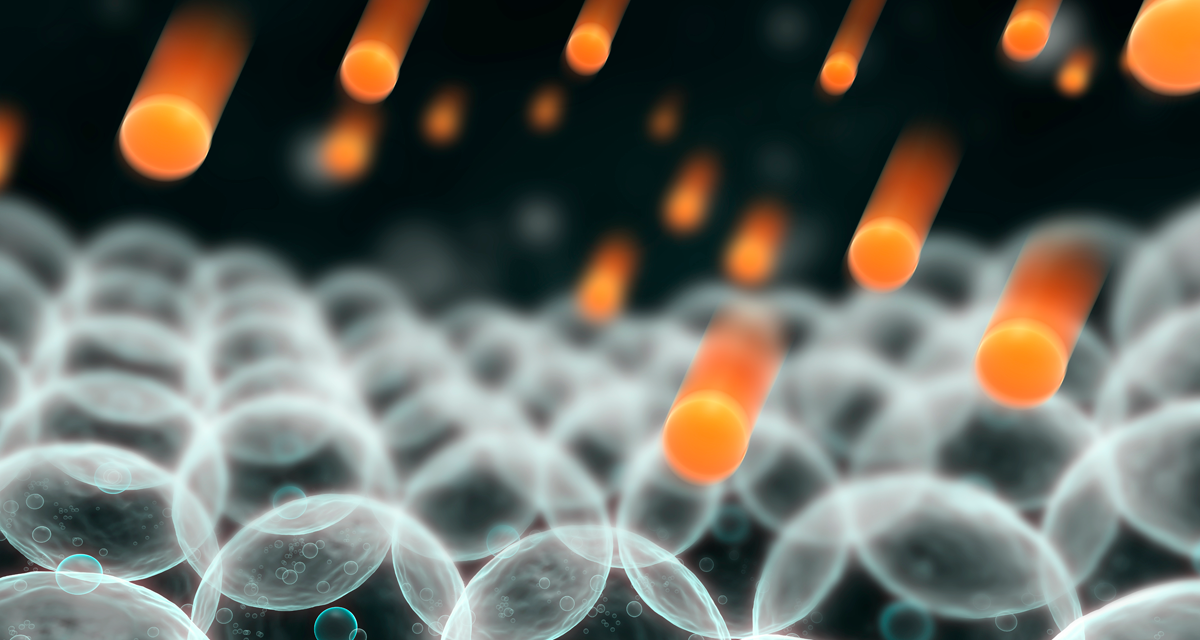
The free radicals
In the set of actions and reactions that take place in the organism, oxygen exercises the role of transforming the food we digest into energy. It is a process in which 95% of the oxygen is transformed into water and the remaining 5% reacts with the excess cholesterol, resulting in free radicals.
But what is a free radical? Here, it seems to us, we have reached the wicked end of our walk and there is room for greater attention to the matter. A free radical is an unstable molecule or fragment of a molecule. Unstable because it is produced when a normal molecule - whose electrons, which join atoms, associate with pairs -, lose or gain an electron. That is, the molecule loses one of the electrons and becomes unstable, since it will always be looking for an electron to become stable. It is as if a couple lost each other. Both, lonely, will spend the entire trip trying to steal one of the members of the other couple, so that each marriage will lose its stability.
Imagine a world where nobody knows who is who, and everybody wants somebody. This is what occurs in an organism full of free radicals. In this chain of creating and destroying pairs, the radicals cause an alteration in cell composition, which may entail damage to the cellular membranes, tissues and even portions of the cellular DNA. It is a chain reaction that can develop organic disturbances, causing degenerative diseases, premature ageing and cancer. However, it is understood that oxygen is only the transforming substance, which, in the final instance, gives form to the noxious agent that acts on the organism. Our lives, sat in front of a computer, an inadequate diet (food produced with sweeteners, flavorings, preservatives or anabolic steroids), the competitive, stressful way of life are, in fact, the main forming agents of free radicals.
But what is a free radical? Here, it seems to us, we have reached the wicked end of our walk and there is room for greater attention to the matter. A free radical is an unstable molecule or fragment of a molecule. Unstable because it is produced when a normal molecule - whose electrons, which join atoms, associate with pairs -, lose or gain an electron. That is, the molecule loses one of the electrons and becomes unstable, since it will always be looking for an electron to become stable. It is as if a couple lost each other. Both, lonely, will spend the entire trip trying to steal one of the members of the other couple, so that each marriage will lose its stability.
Imagine a world where nobody knows who is who, and everybody wants somebody. This is what occurs in an organism full of free radicals. In this chain of creating and destroying pairs, the radicals cause an alteration in cell composition, which may entail damage to the cellular membranes, tissues and even portions of the cellular DNA. It is a chain reaction that can develop organic disturbances, causing degenerative diseases, premature ageing and cancer. However, it is understood that oxygen is only the transforming substance, which, in the final instance, gives form to the noxious agent that acts on the organism. Our lives, sat in front of a computer, an inadequate diet (food produced with sweeteners, flavorings, preservatives or anabolic steroids), the competitive, stressful way of life are, in fact, the main forming agents of free radicals.
